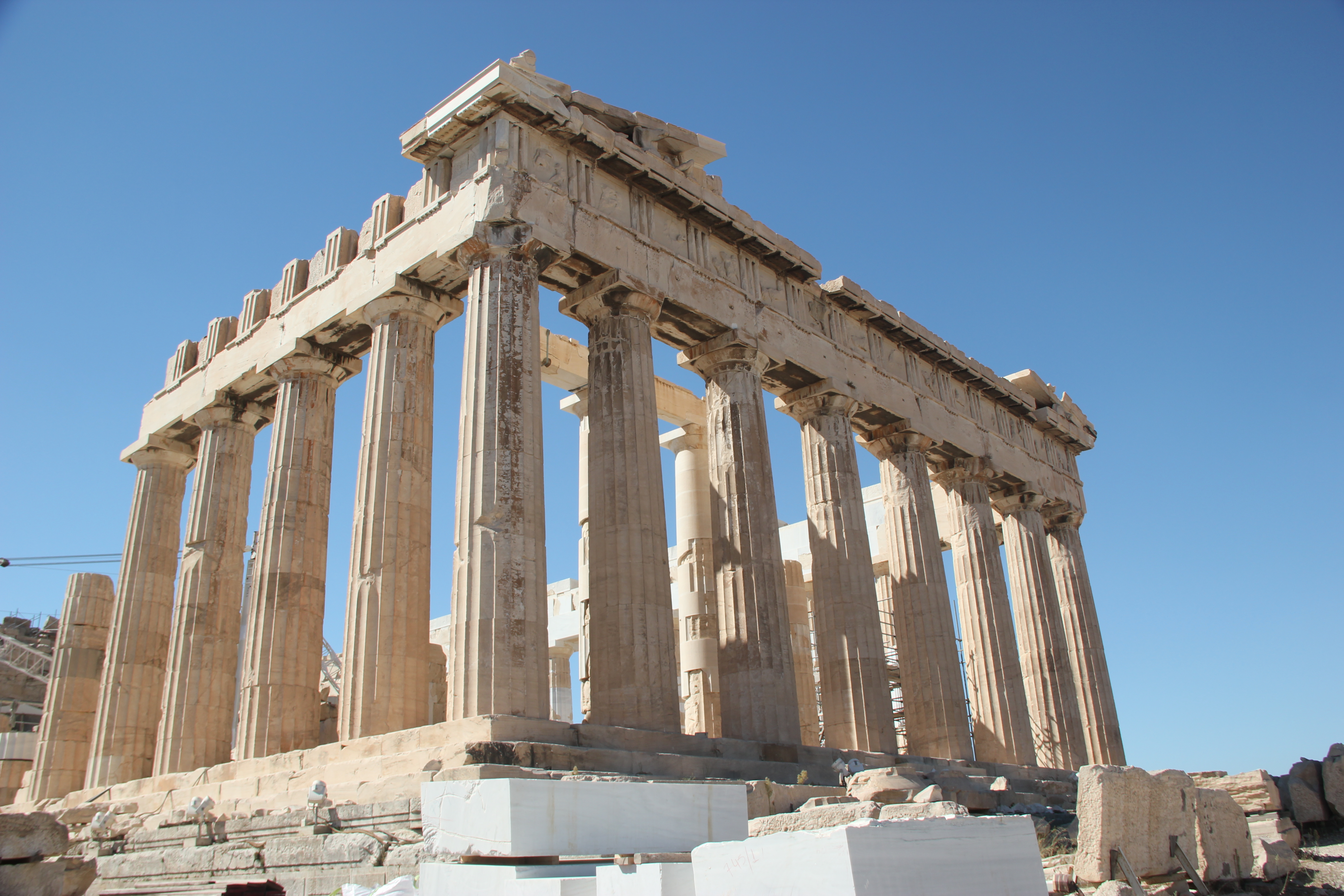Some historical terms seem to be known to everyone, but when they think about it, they don't seem to know, at least they are not sure, or there is no clear "sense of stage". For example, ancient Greece, ancient Rome, six words and two contents, it seems very simple, many of the concepts will make you feel that there was a deviation in the previous cognition of this piece, even if you understood before, at least we talked about the "historical stage model" that can establish a correct concept in the mind.

When it comes to the three words of ancient Greece, most people must first think of Sparta and Athens, but the period of existence of these two is only a small part of the whole of ancient Greece. Sparta and Athens belonged to the city-states, and the era we will call them the "city-state era" first, because in addition to them, there were many city-states distributed in the Greek Peninsula and the Aegean Sea and the western coastal area of Asia Minor. It is only because these two are "one martial art and one article" and the most powerful and representative, so they are the easiest to be remembered.
The more the city-states have the more management models, the more cultural styles, which can be regarded as a hundred flowers blooming. The "city-state era" is not only an "integration period" of the history and culture before ancient Greece, but also the "basic period" of some subsequent eras, because of the unique formation of civilization in this era, so the most regular name for its expression should be - the ancient wind era.
So what are the stages before and after? What is the exact stage meaning of some of the nouns we often say? After the "total annihilation" of a group of city-states, the Macedonian kingdom that undertook the region was not outstanding in terms of civilizational progress, but extremely prominent in the spread of civilization. Because there was Alexander the Great and his empire, the Greek civilization of the Archaic era accompanied the wars that affected many regions of Asia, Europe and Africa. Although ancient Rome was able to swallow the Kingdom of Macedonia militarily, civilization was in turn deeply influenced by it. So from the fall of the city-states to the early Roman period, the name of this period of history is called the Hellenistic Era.
Going back to the front of the ancient era. It also has a source, that is, the Cretan civilization, but this is not a native civilization, but due to geographical reasons, it was born under the influence of the two ancient civilizations of the "surrounding" Nile River Basin and the Two Rivers Valley. However, because of geographical reasons, the island is small and rugged, which is not suitable for farming, but suitable for marine trade, which is slowly integrated into its own characteristics and completely formed.
The Cretan civilization was later overthrown by the Mycenaeans who moved south from the Greek peninsula, and this new period became known as the Mycenaean civilization. It inherited and developed the Cretan civilization, the most famous event of which was the Trojan War.
Although Crete and Mycenae are two great eras, they are also collectively called the Aegean civilization because of the coherence of their civilization. But it will be different in the future, because mycenae and the Paleocenes are sandwiched between hundreds of years of civilization "faults", so it is called the Dark Ages. And because this era has produced a famous person, and extremely famous, he is homer who wrote the "Homeric Epic", so the era is also called - homer's era.
Well, this should be a very clear segment of ancient Greek history, let's classify it again. If all these stages are added up, then its name is called the ancient Greek period; if only the Cretan, Mycenaean, and Archaic periods are added up, then the exclusive term is the ancient Greek civilization.
In fact, the term ancient Rome is the same, containing many stages, let's talk about it in the next issue.